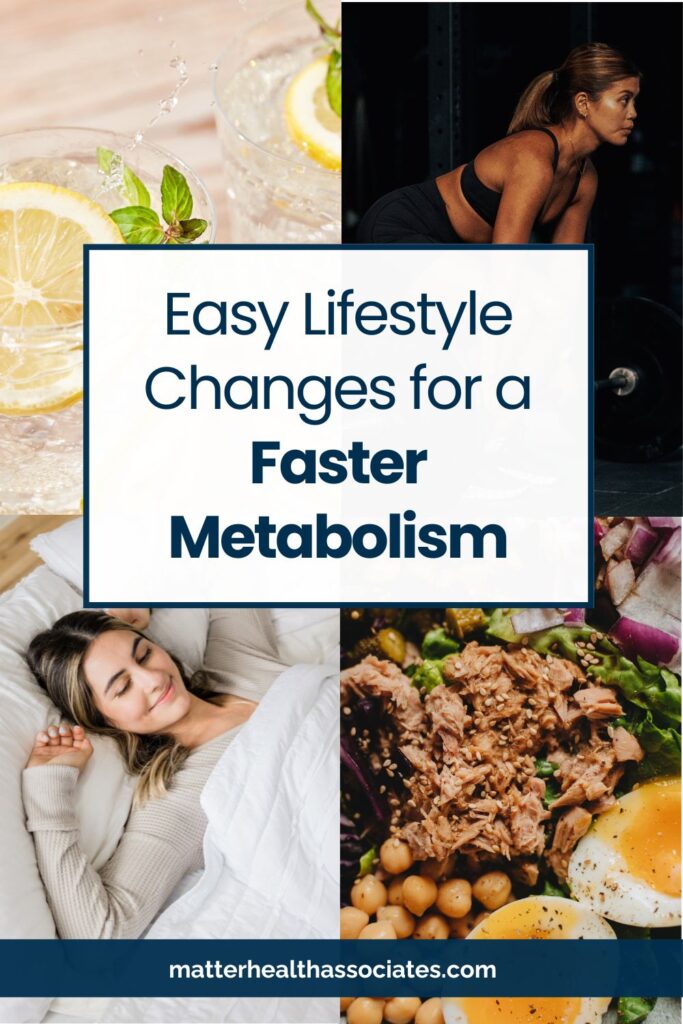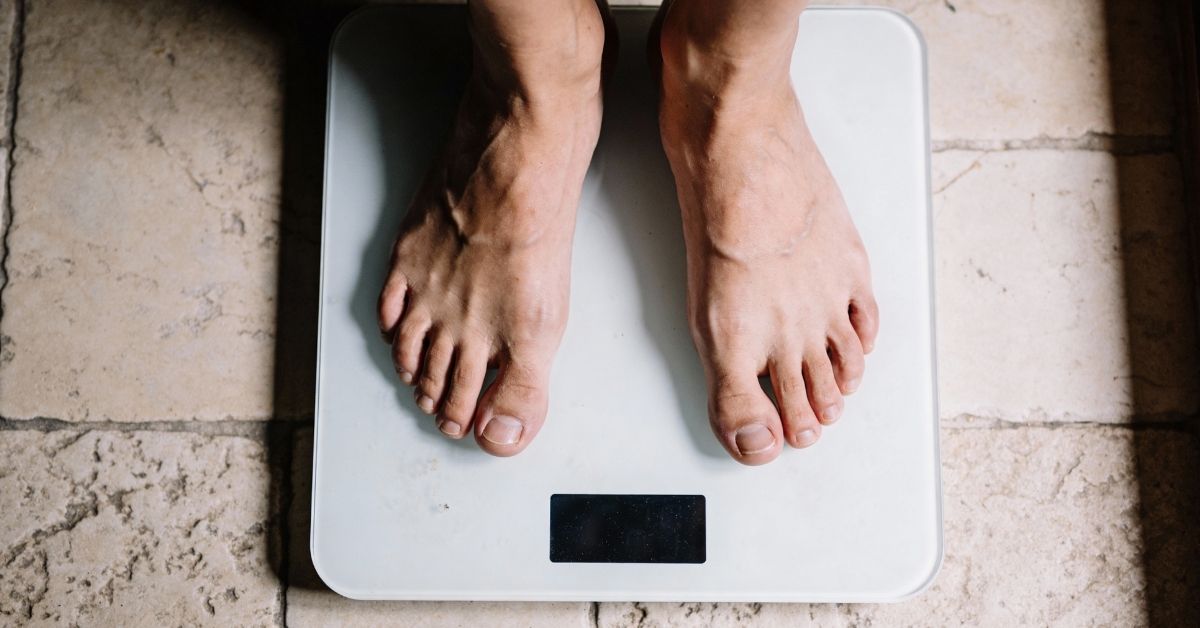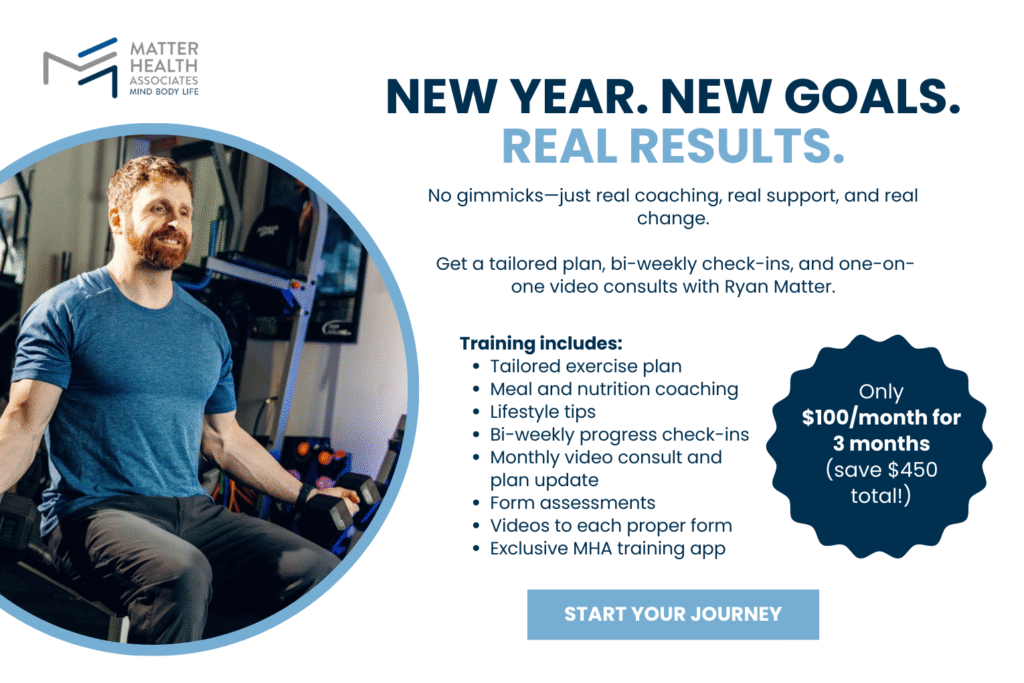Metabolism gets a bad rap. People often talk about it like it’s some fixed, unchangeable engine—you’re either born with a “fast” one or doomed to a “slow” one. The truth? Everyone has a metabolism. It’s not that some people don’t have it—it’s about understanding the factors that affect it and learning how to boost metabolism naturally with the right strategies.
Metabolism isn’t dead, and it’s not some mysterious black box. It’s a dynamic system—sometimes just waiting for the right spark to fire on all cylinders. As a health and fitness specialist, I’ve seen how small, strategic tweaks can make a huge difference in optimizing health and wellness.
Let’s break down what metabolism is, what affects it, and how you can discover the spark that works best for you—without overhauling your entire life.
What Is Metabolism?
Metabolism is the sum of all the chemical processes in your body that keep you alive: turning food into energy, repairing cells, and keeping your heart pumping. It’s not just about burning calories. It’s also about how efficiently your body uses what you give it.
Think of metabolism like a fire. A fire always has to burn. If you put good wood on it—quality food—it burns hot and clean. If you put poor-quality food on it, the fire still burns, but it sputters and smokes. And if you give it nothing? The fire goes out.
Metabolism is also like a vehicle. You wouldn’t put the wrong oil in or ignore maintenance, and your body is no different. Understanding what your body needs and when is key to optimizing metabolism.
What Affects Metabolism
Age, genetics, and lifestyle all play a role, but they don’t have the final say. Stress, sleep, diet, exercise, medications, and even mindset can either rev up your metabolism—or slow it down.
The good news: if one area is struggling (such as due to stress, lack of sleep, or medication), you can often counterbalance it with other strategies, like proper nutrition or strength training.
What Hurts Metabolism
Chronic stress → releases cortisol, making your body cling to fat.
Poor sleep → disrupts hunger hormones, leading to cravings and excess storage.
Too-low calorie or nutrient intake → signals your body to conserve energy.
Sedentary lifestyle → inactive muscles burn fewer calories.
What Helps Boost Metabolism Naturally
Strength training → more muscle = more calories burned at rest. It can significantly boost resting metabolic rate, sometimes by 5–7%.
Protein-rich diet → supports muscle repair and satiety.
Hydration → water is essential for processing calories efficiently. A study found that drinking about 500 ml of water can boost metabolic rate by up to 30% within 40 minutes.
Sleep & stress management → small improvements make a big difference.
Micronutrients → vitamins like B12 and minerals like magnesium fuel energy production.
Changes That Add Up
The key is—you don’t have to do everything at once. That’s how people get overwhelmed and give up. Instead, find one or two “sparks” that fit your lifestyle and feel sustainable.
Examples:
- Swap soda for water each day.
- Add a 10-minute walk after dinner.
- Prioritize sleep over late-night scrolling.
- Try a protein-packed breakfast.
Start by Listening to Your Body
- Always tired? Check your sleep or hydration.
- Constant sugar cravings? You may need more protein or healthy fats.
- Feeling stuck? Track your food or activity for a week to spot patterns.
Pick one change, test it for a couple of weeks, and then build upon it. This isn’t about a total life overhaul—it’s about small, intentional moves that add up.
For a deeper look, see Knowing What Your Body Needs and When.
Metabolism Isn’t One-Size-Fits-All
Metabolism isn’t one-size-fits-all. What sparks yours might differ from someone else’s. Blanket advice like “eat less, move more” often falls flat because it ignores individual differences.
I’ve seen clients reignite their metabolism by finding their unique combination of habits—whether that’s strength training, stress management, or simply eating more vegetables. Once you find your spark, your body starts working with you, not against you.
—Ryan L. Matter | CEO













